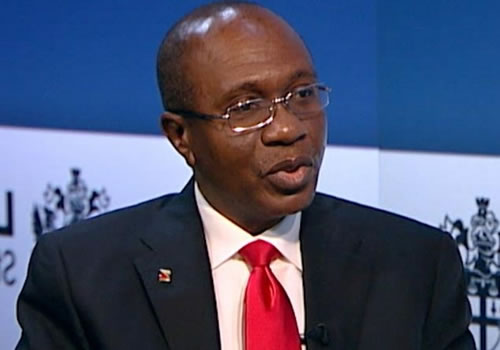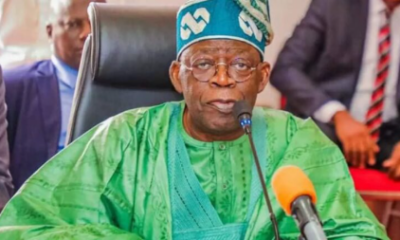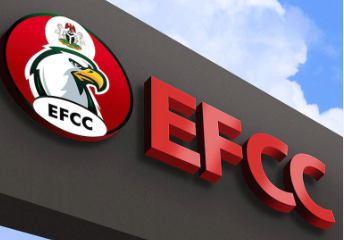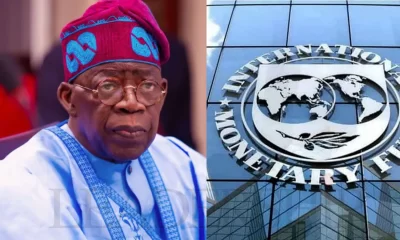…as Forex reserves drop to $29.88bn
By Odunewu Segun
Nigeria’s foreign reserves have again dropped from the $30.4 billion recorded on by the end of November this year to $29.88 billion yesterday, for the very first time in three months.
According to National Daily investigations, the continued drop in the nation’s foreign reserves is certainly going to put more pressure on the Central Bank of Nigeria resolve to defend the naira against devaluation. It was also gathered that the gross reserves decreased to $29.881 billion as at December 1, the first time they have fallen below $30 billion since July 13, according to data from the central bank.
Governor of the Central Bank of Nigeria, Godwin Emefiele, according to reports have vowed to not to succumb to international pressure to devalue the naira, he was said to resisted the move, insisting that the country’s legal tender would be strengthened by the ongoing money policy.
Nigeria’s foreign reserves which stood at $36.3 billion in October, 2014, fell to $32 billion in January, 2015, and stood at $28 billion by July before sliding again to $29 billion by September. The foreign reserves rose again to $30.11 billion by October, 2015 before dropping to $30.4 billion by the end of November.
According to a report by Bloomberg, the reserves have fallen by 20 percent since the end of June 2014, when Brent crude prices began a more than 60 per cent plunge, hammering the finances of Africa’s biggest oil producer and economy.
Meanwhile, the naira has been all but fixed at N197-N199 per dollar since early March after Governor Godwin Emefiele restricted banks’ ability to buy foreign-exchange. In June, Emefiele stopped importers of about 40 items, including toothpicks and glass, from obtaining dollars.
Emerging market investors including Aberdeen Asset Management, Alliance Bernstein and Invested Asset Management have sold Nigerian bonds and stocks this year to avoid what they see as an inevitable devaluation, which would cause losses on their holdings in foreign currency terms.

 Entertainment6 days ago
Entertainment6 days ago
 Health1 week ago
Health1 week ago
 Health4 days ago
Health4 days ago
 Football1 week ago
Football1 week ago
 Football1 week ago
Football1 week ago
 Crime4 days ago
Crime4 days ago
 Education6 days ago
Education6 days ago
 Crime1 week ago
Crime1 week ago













